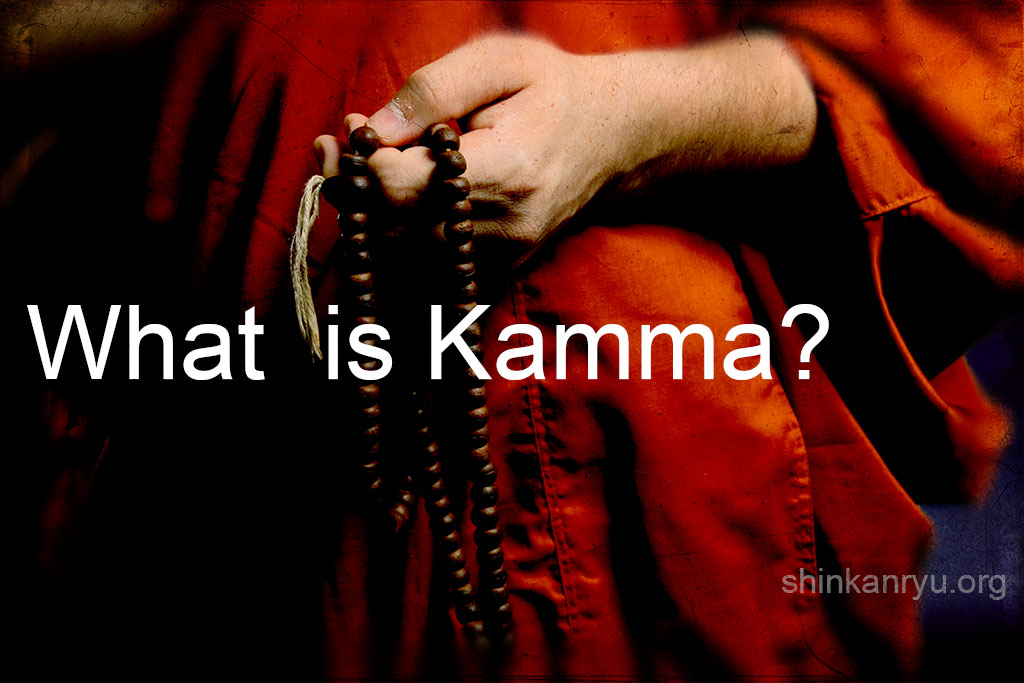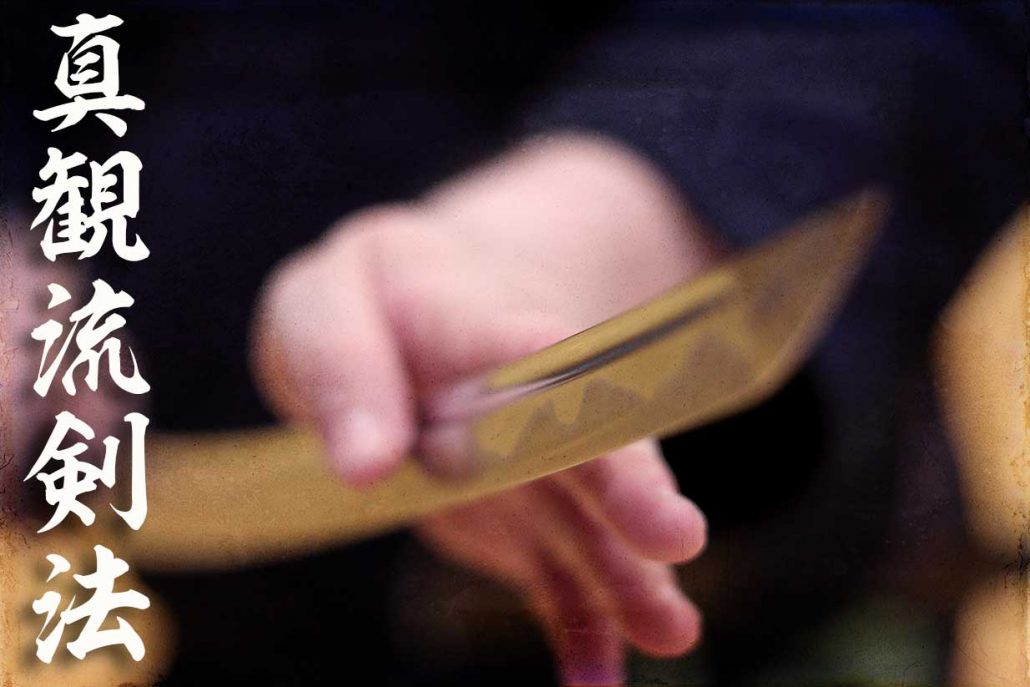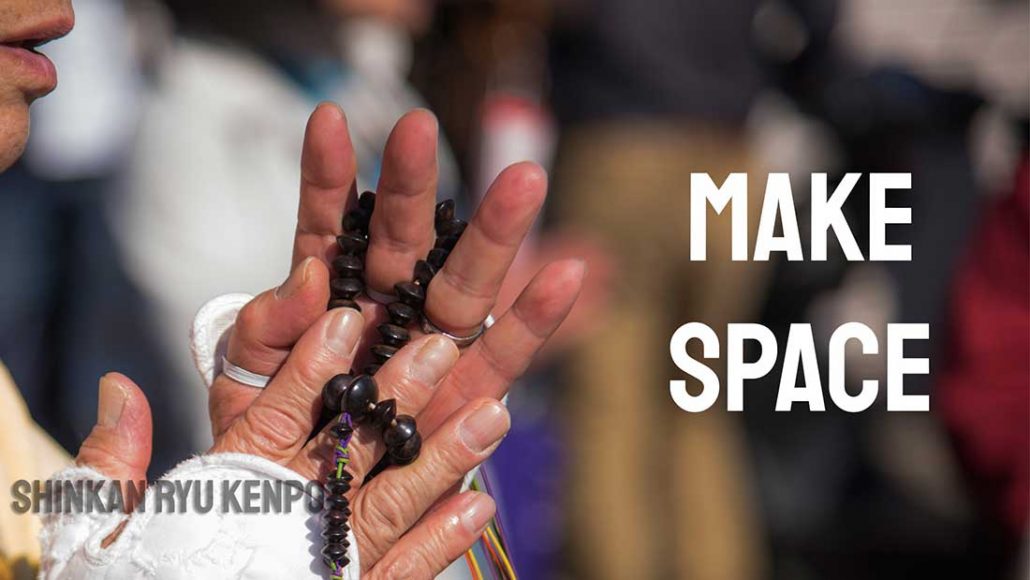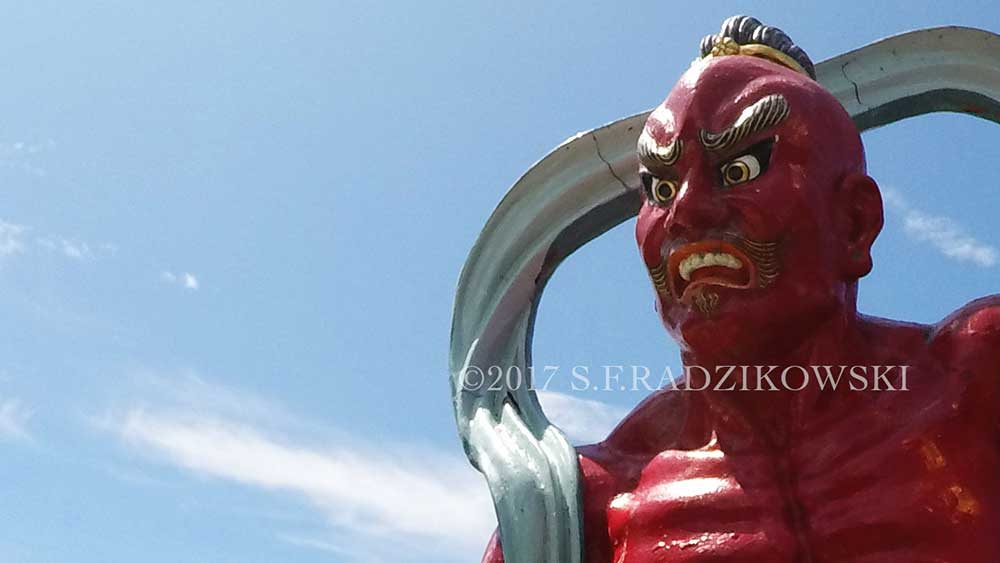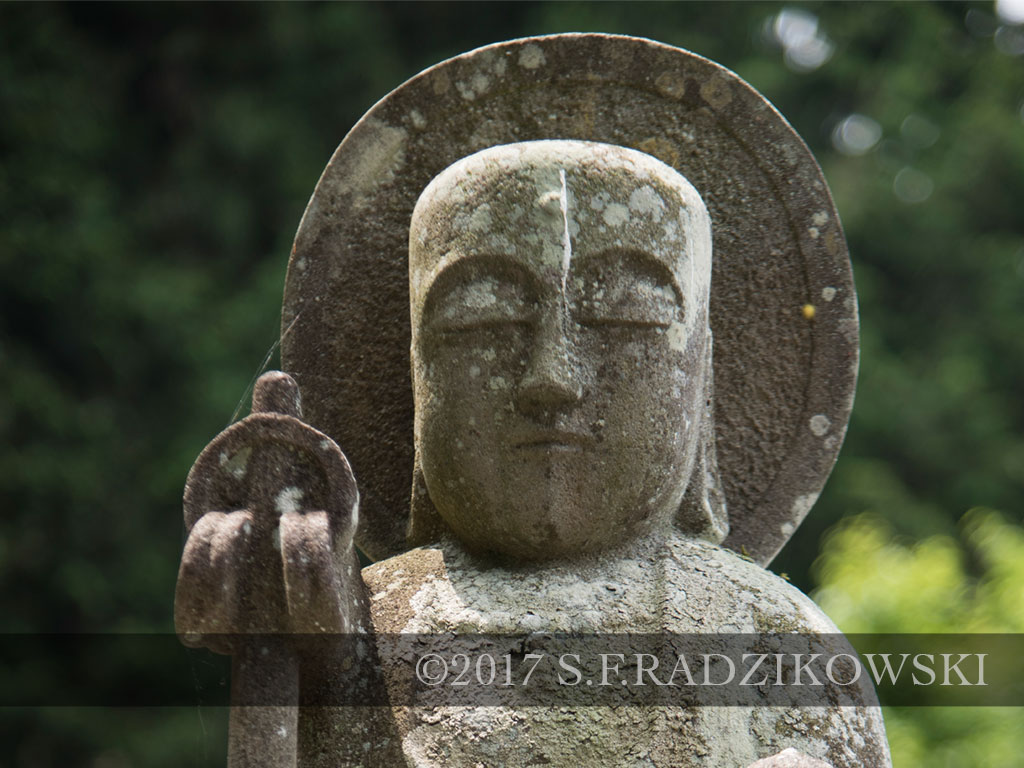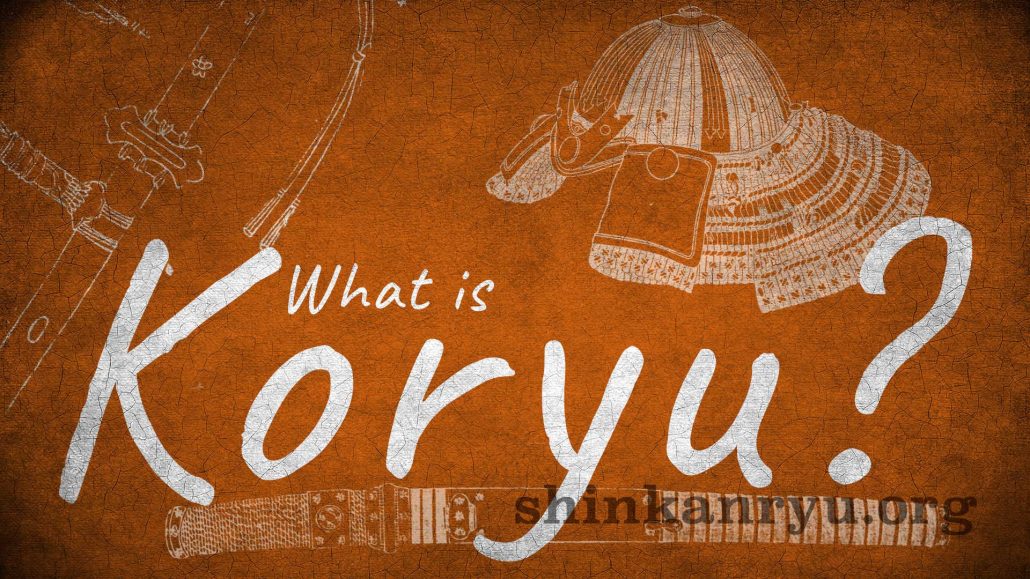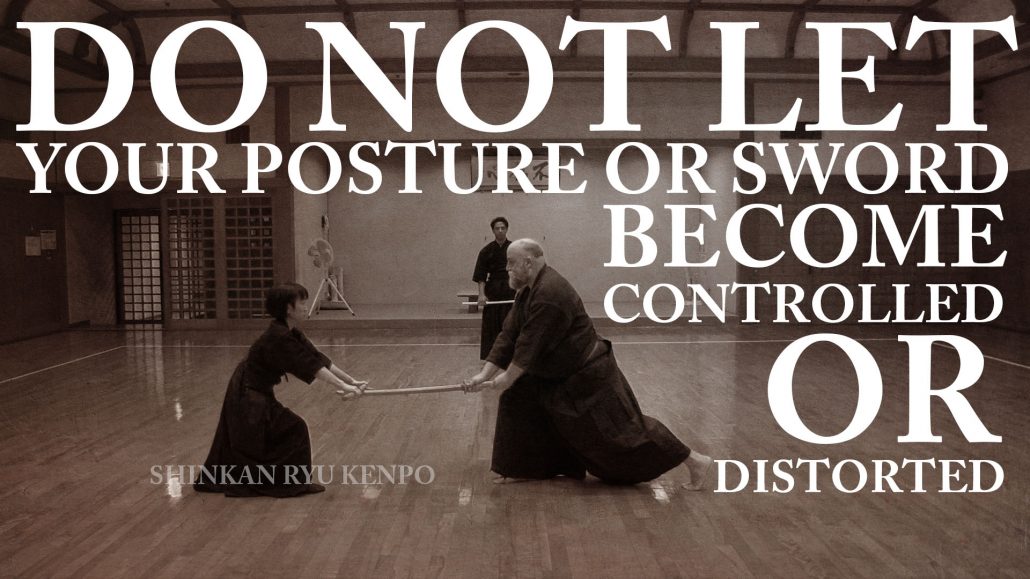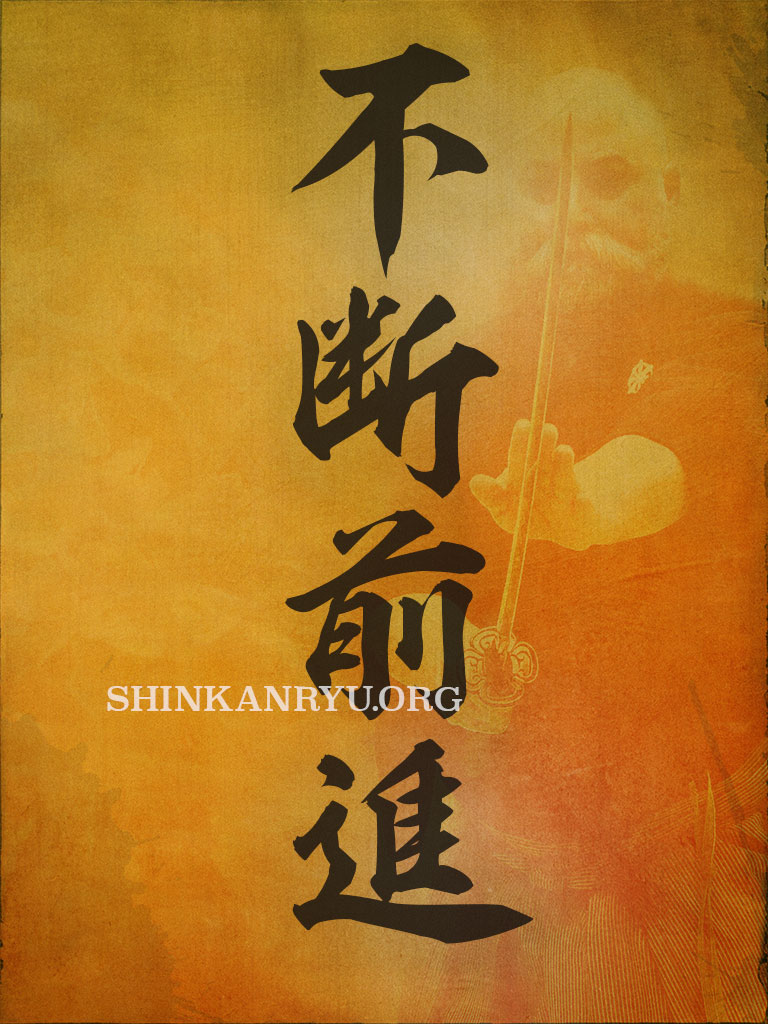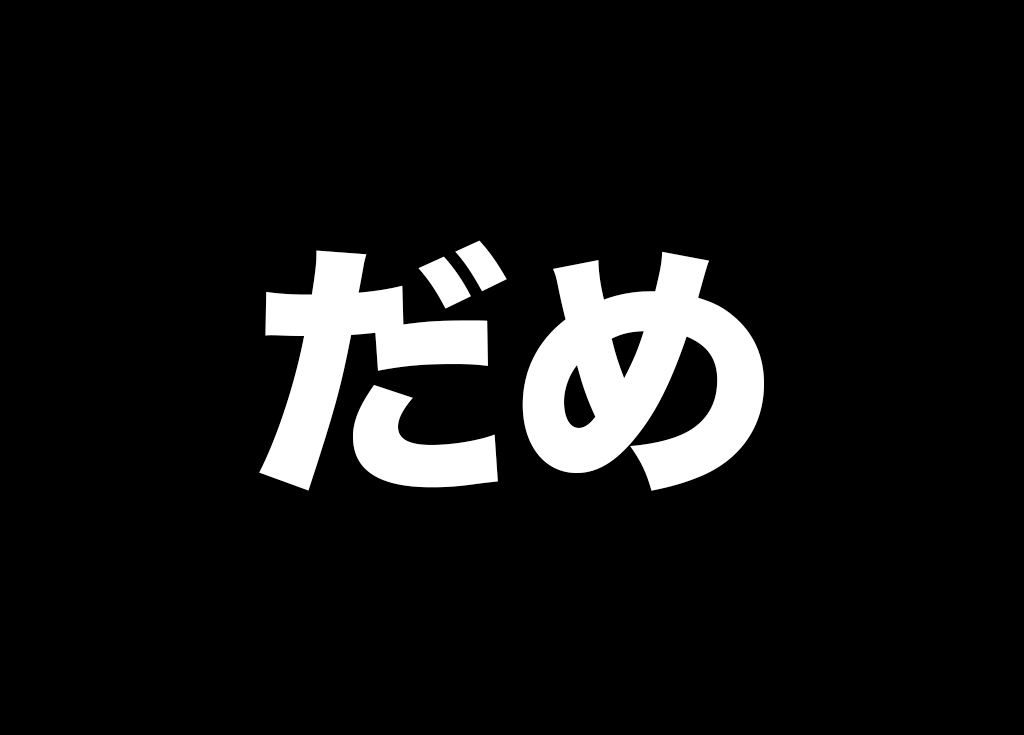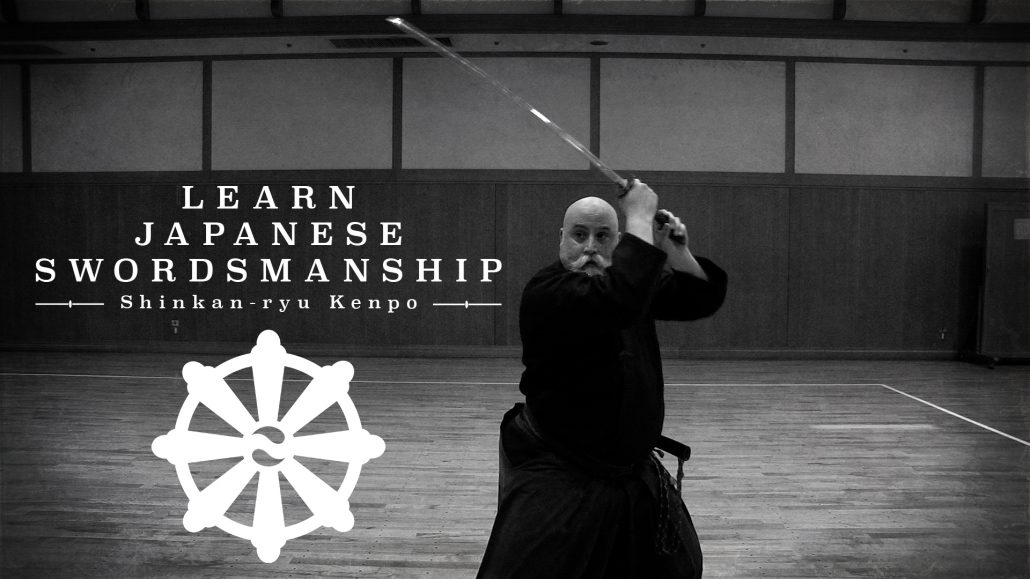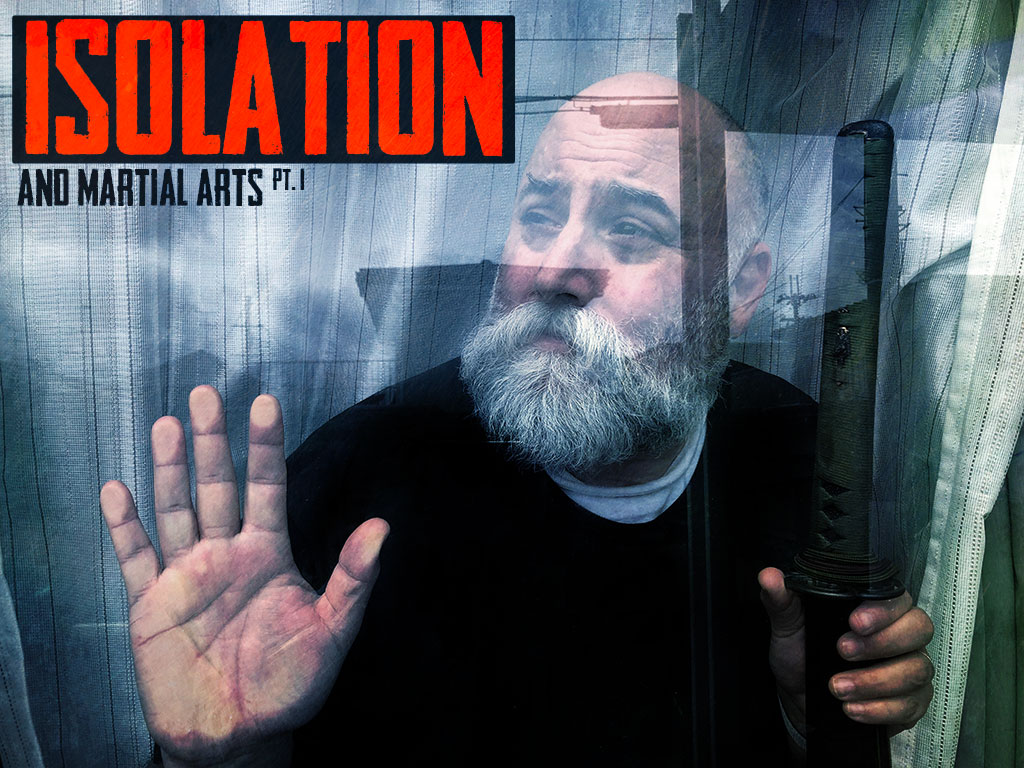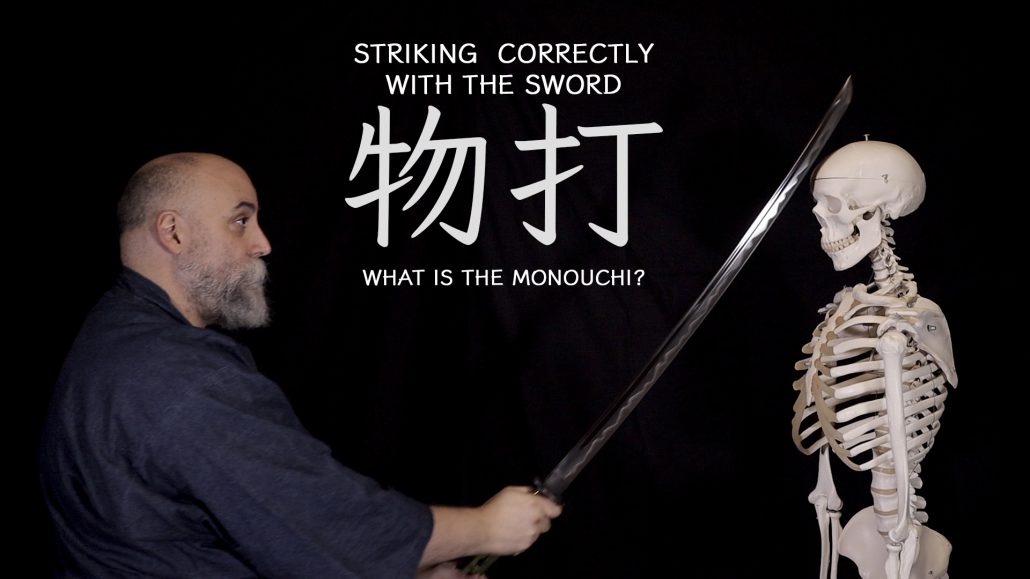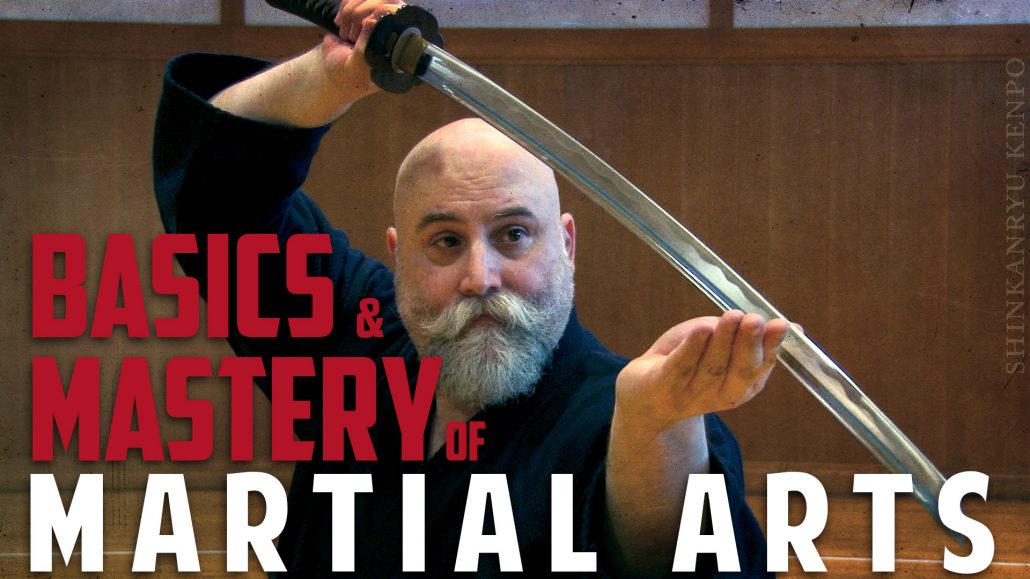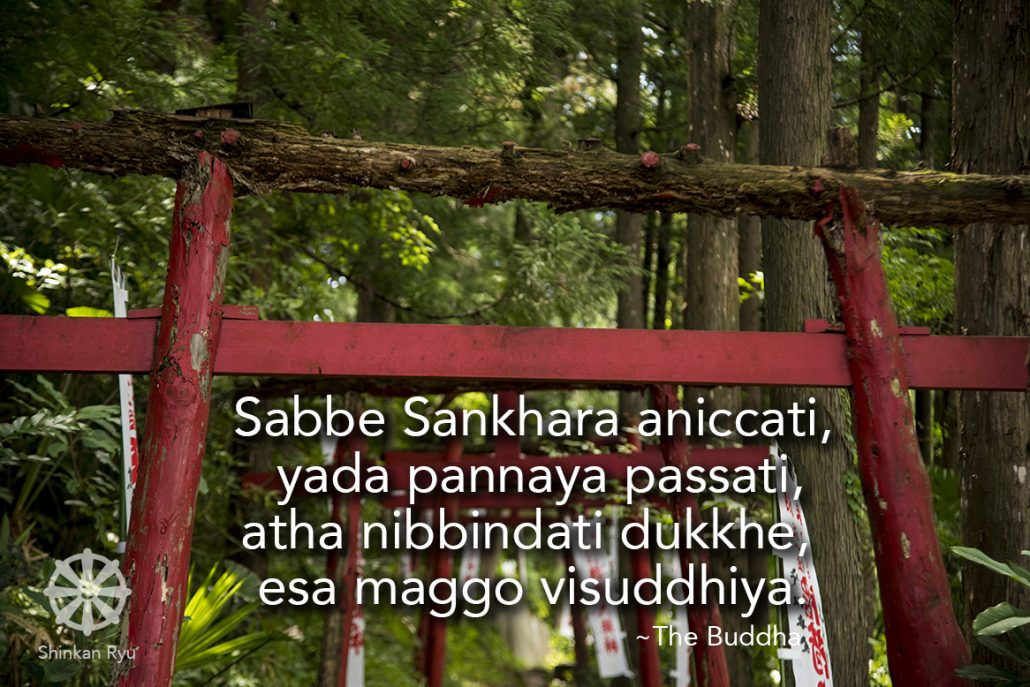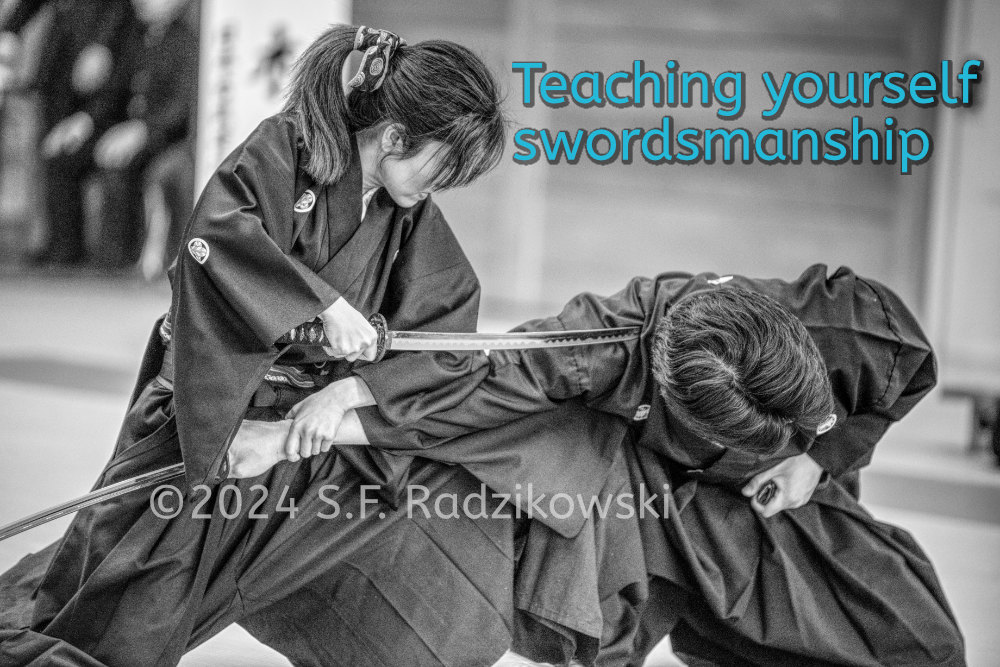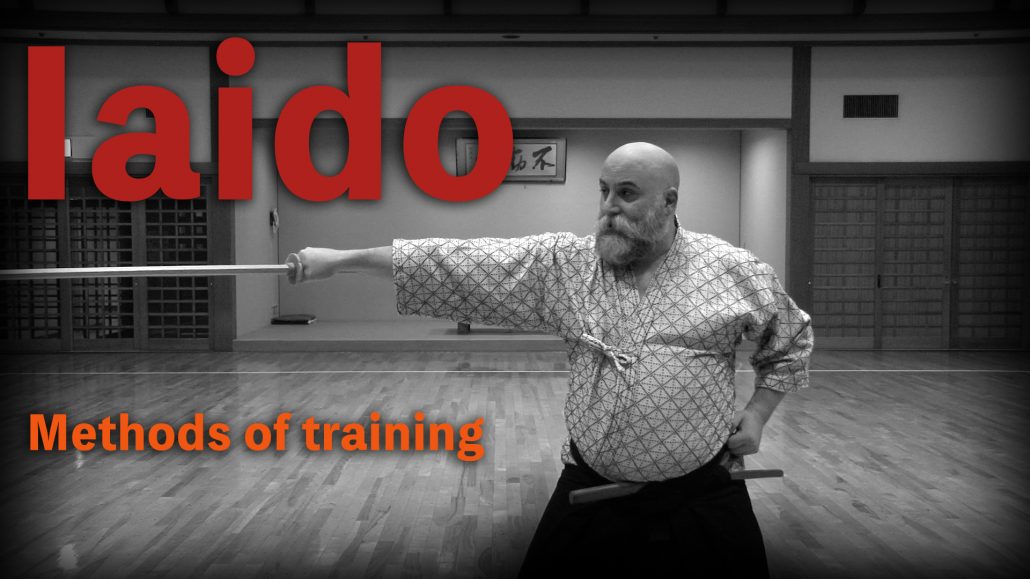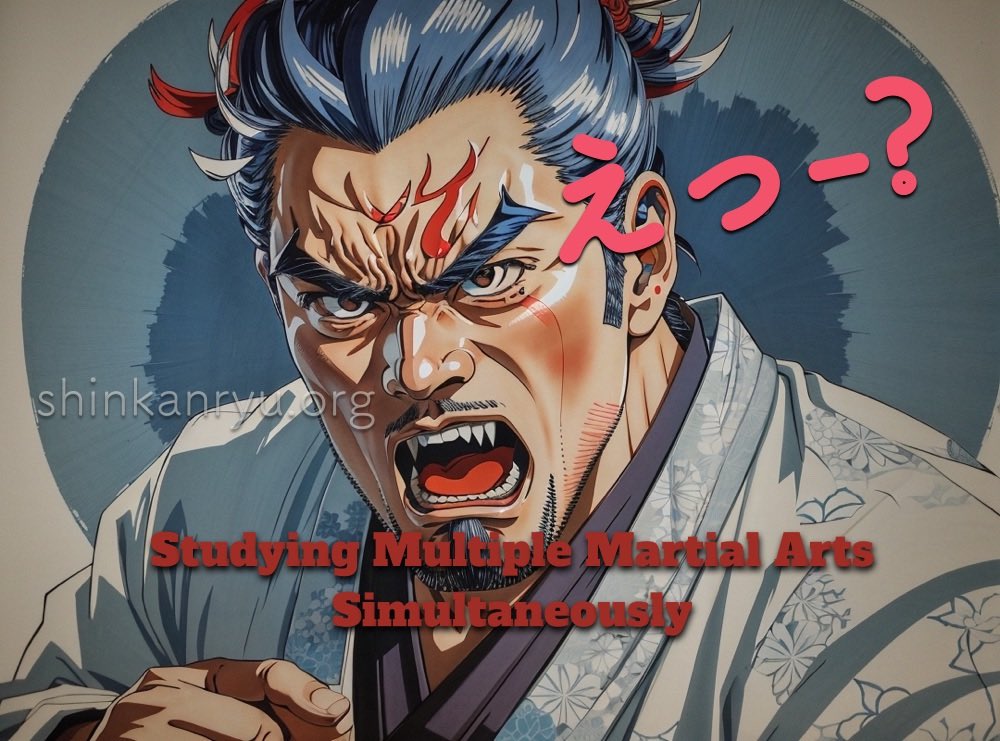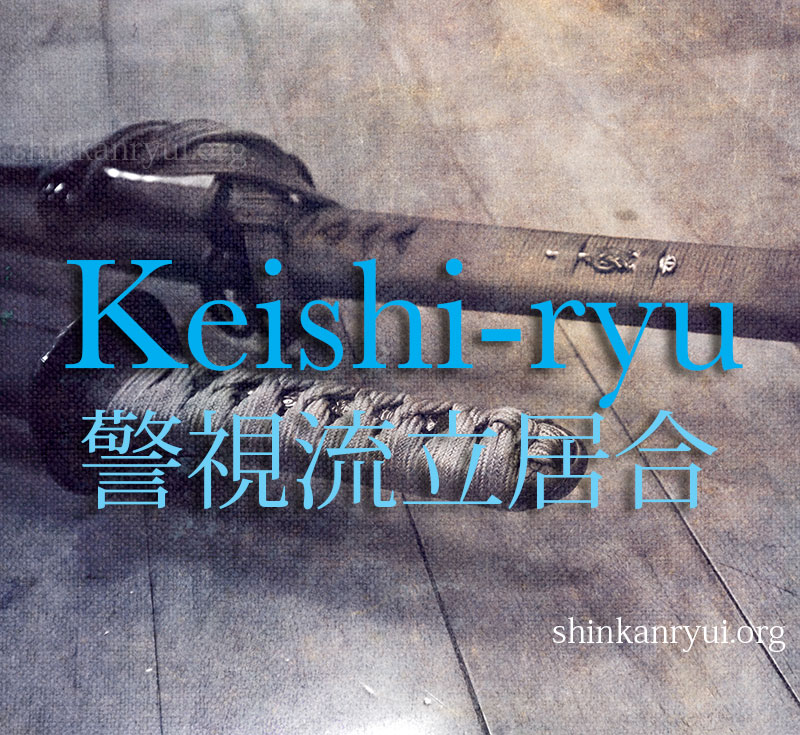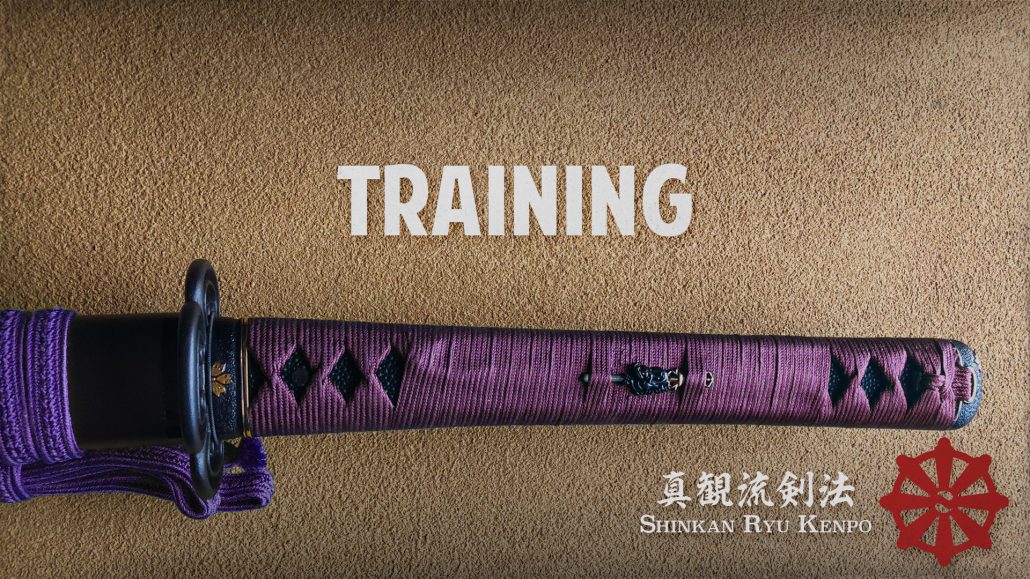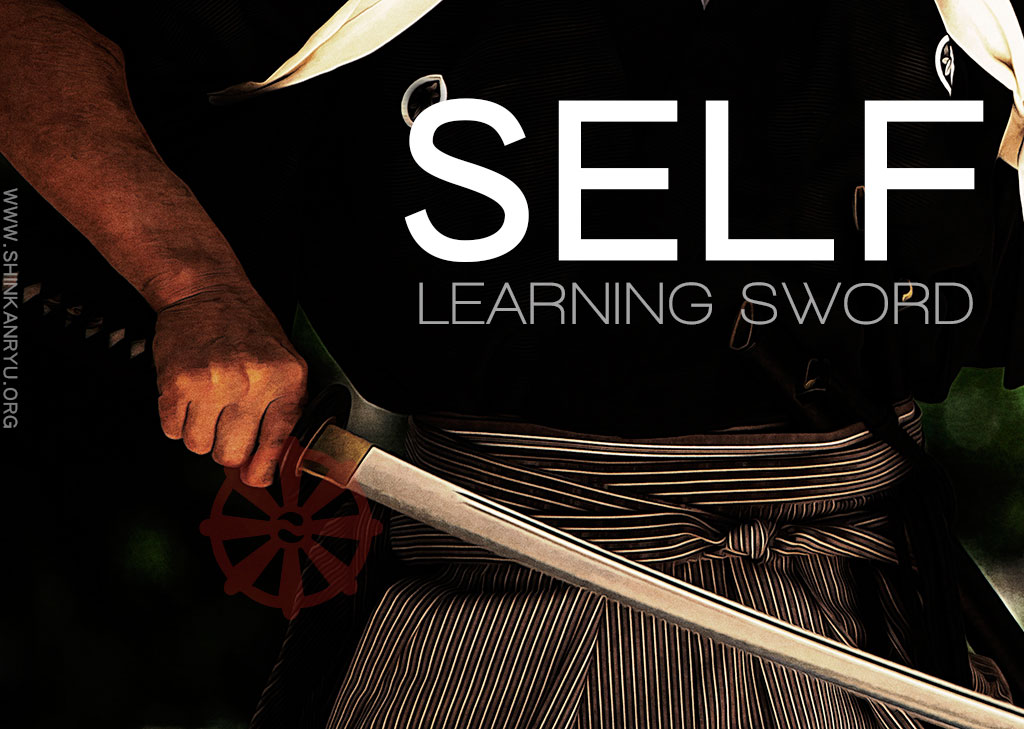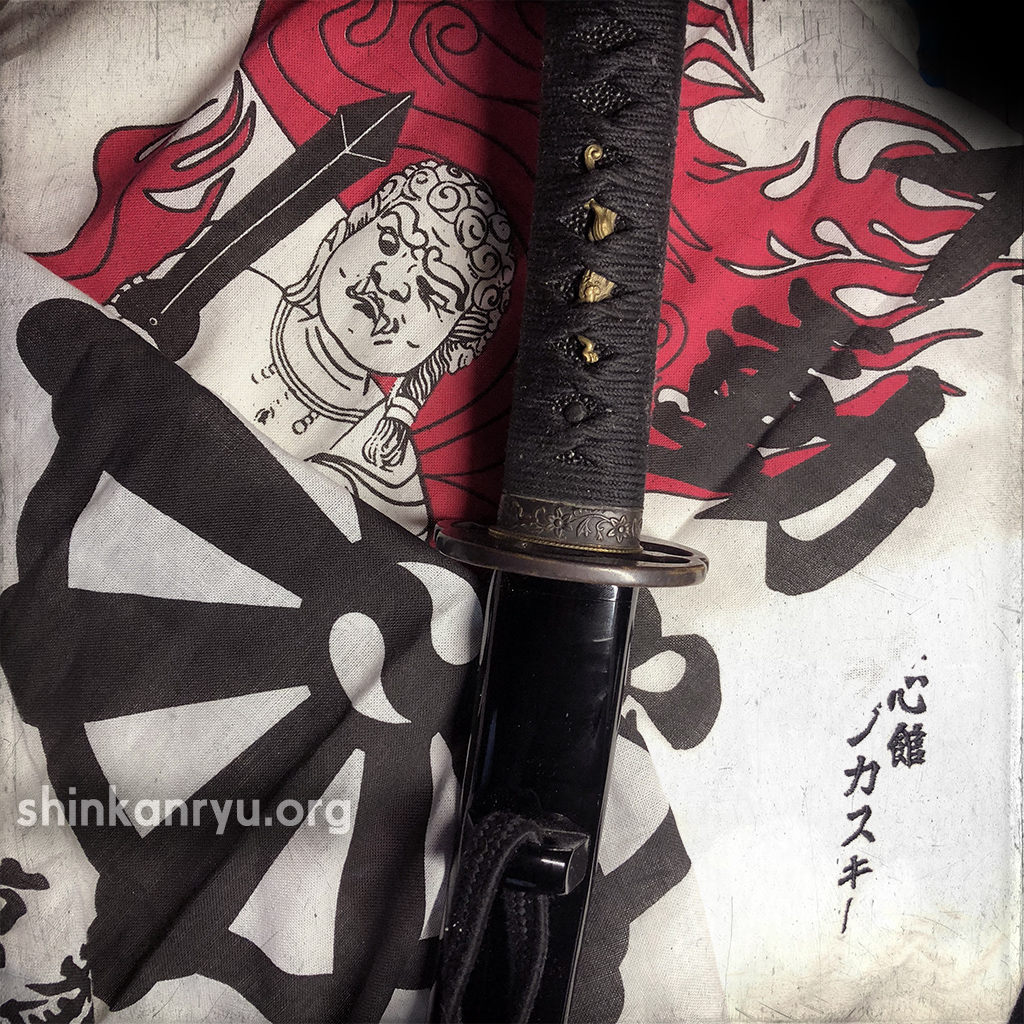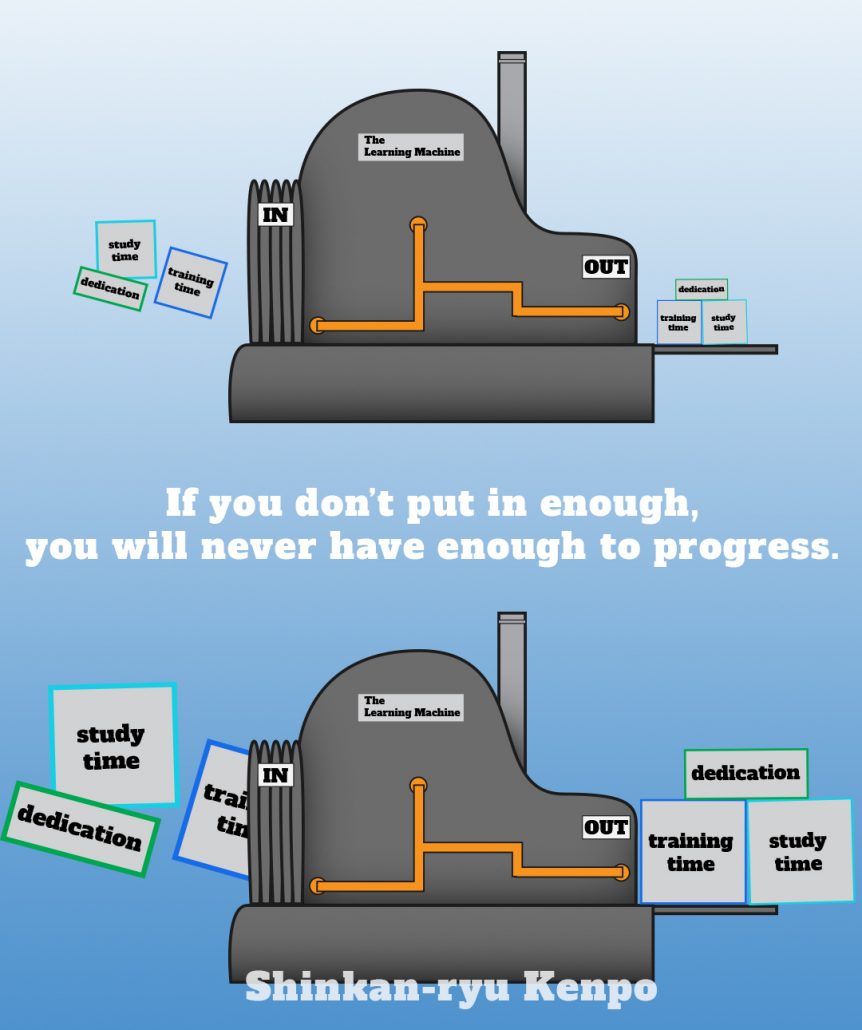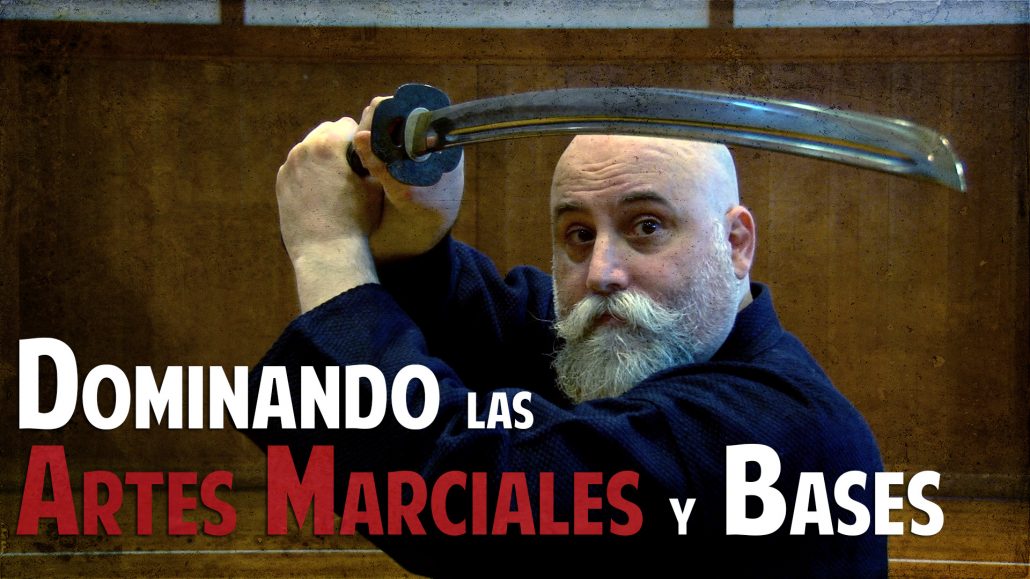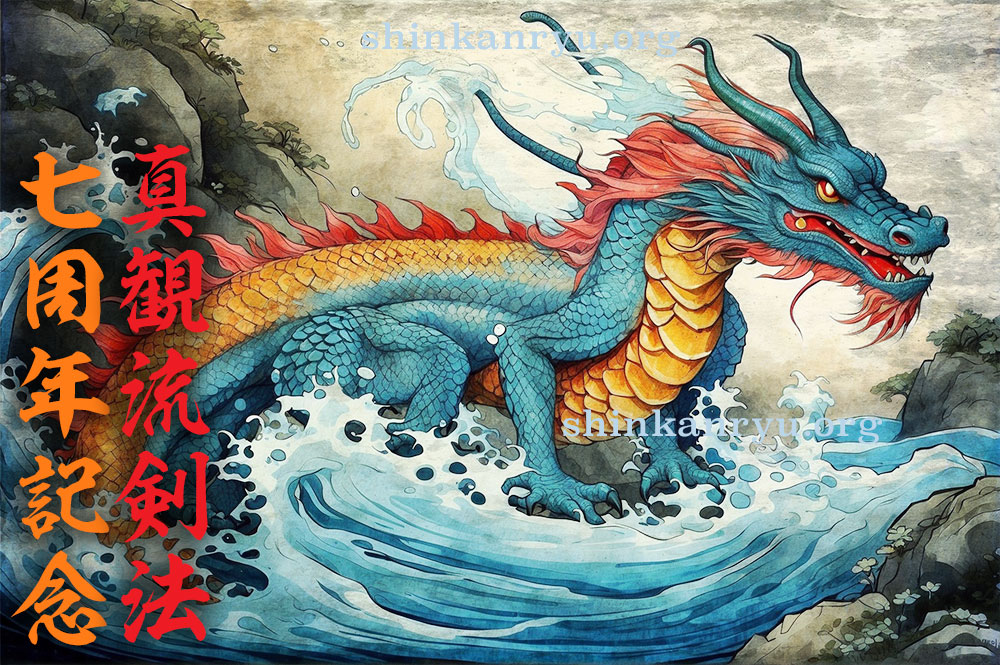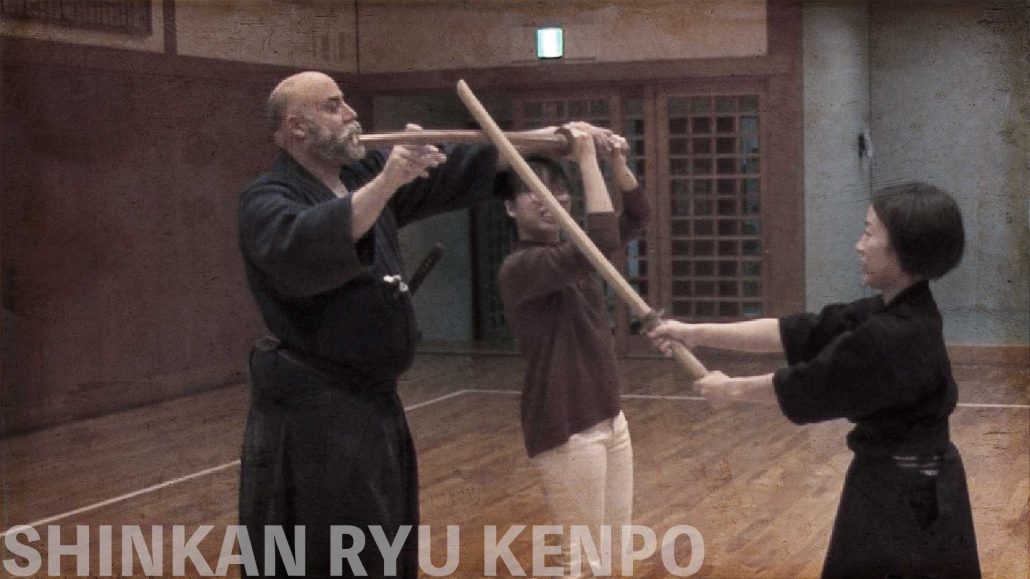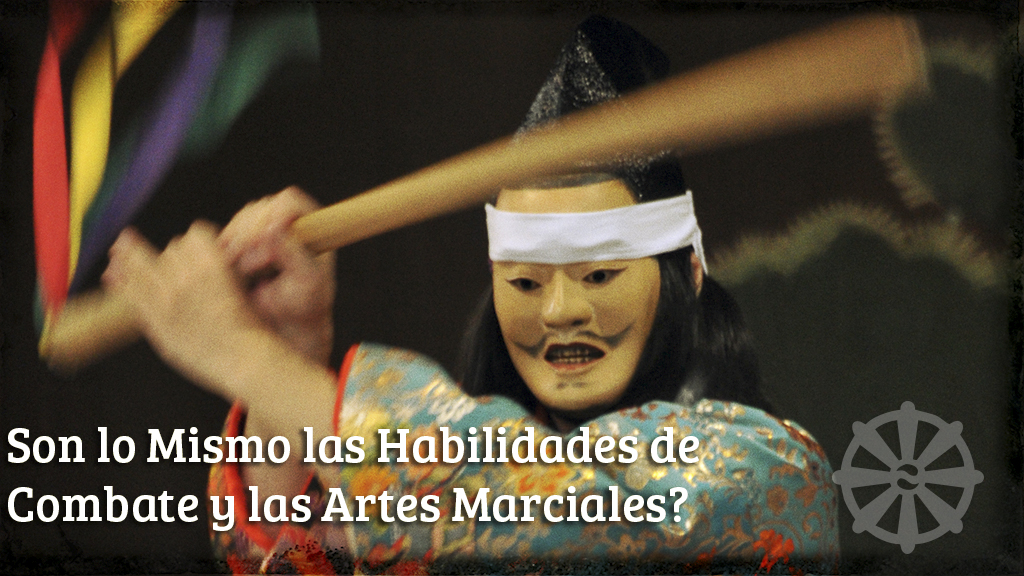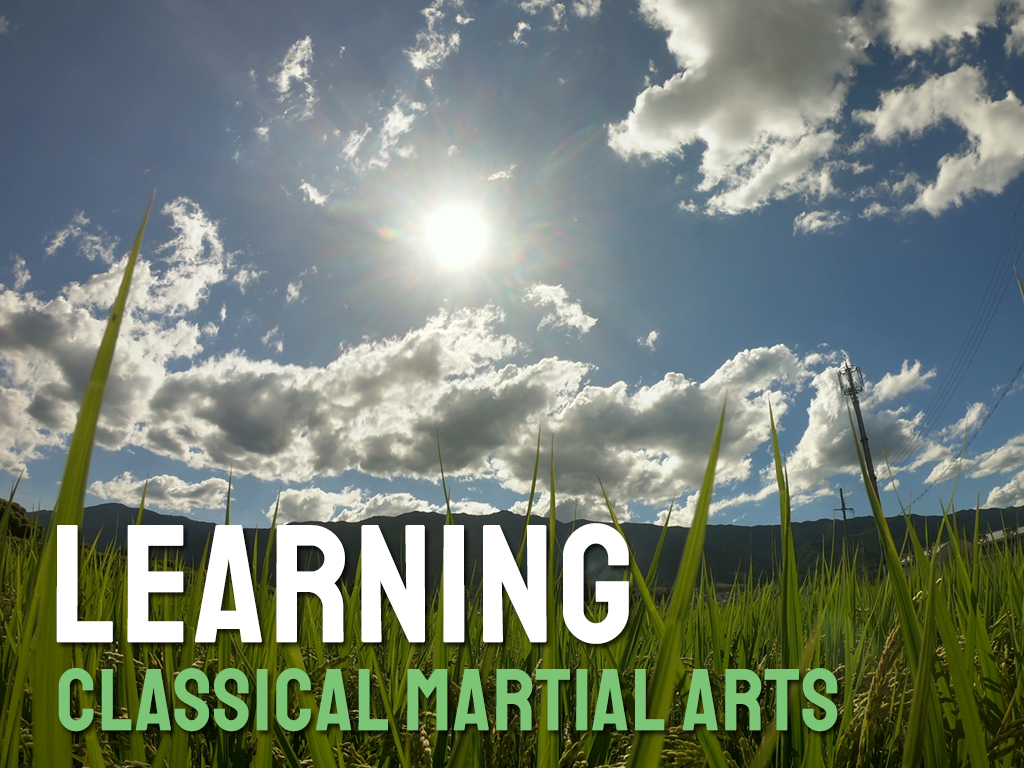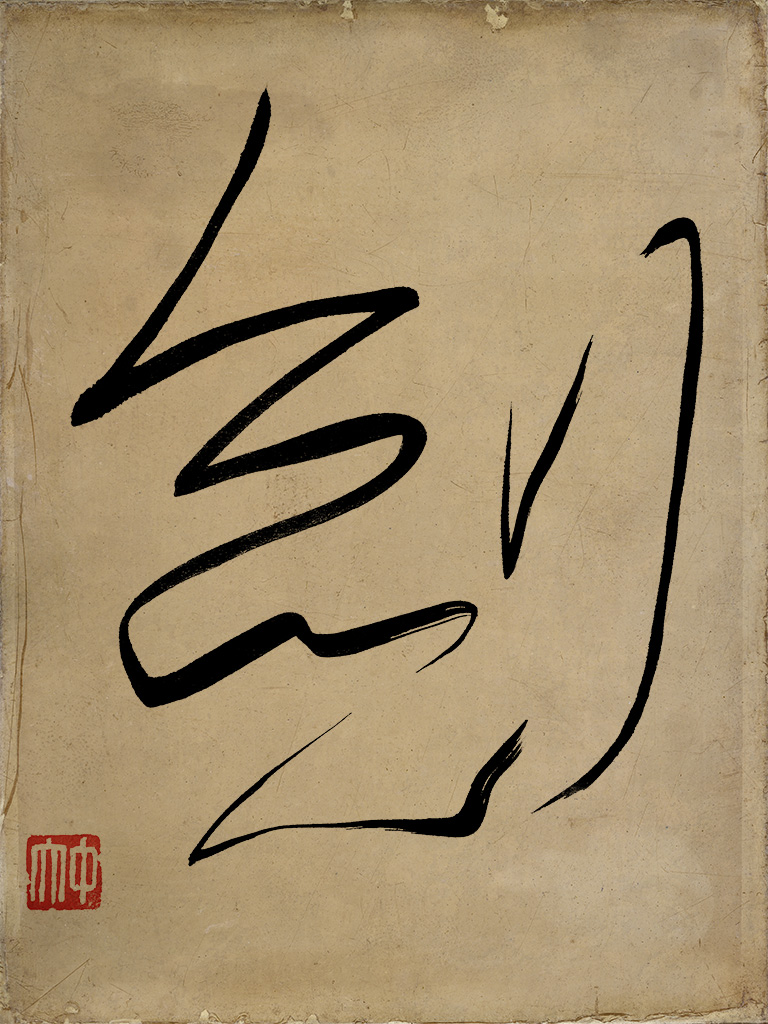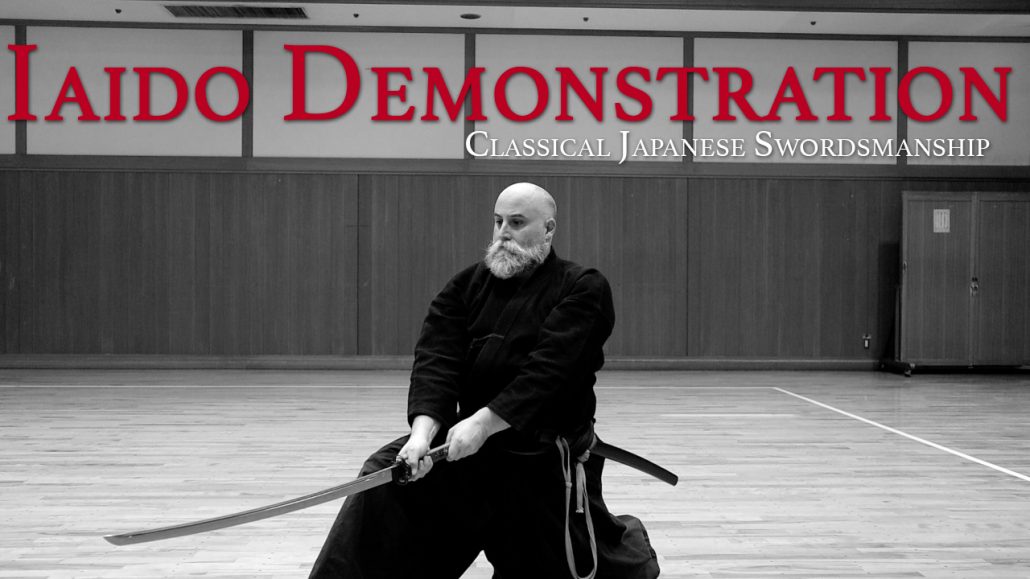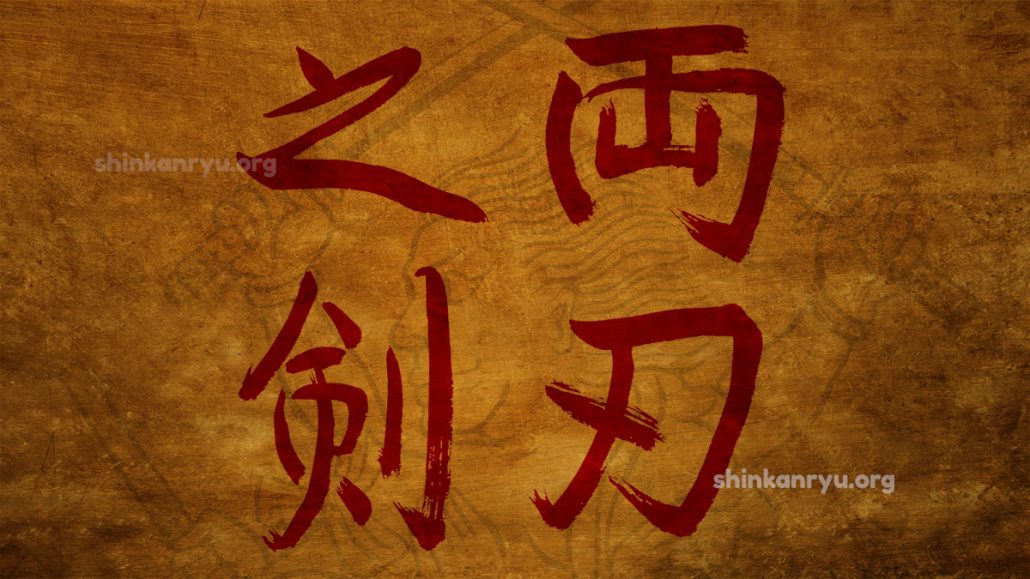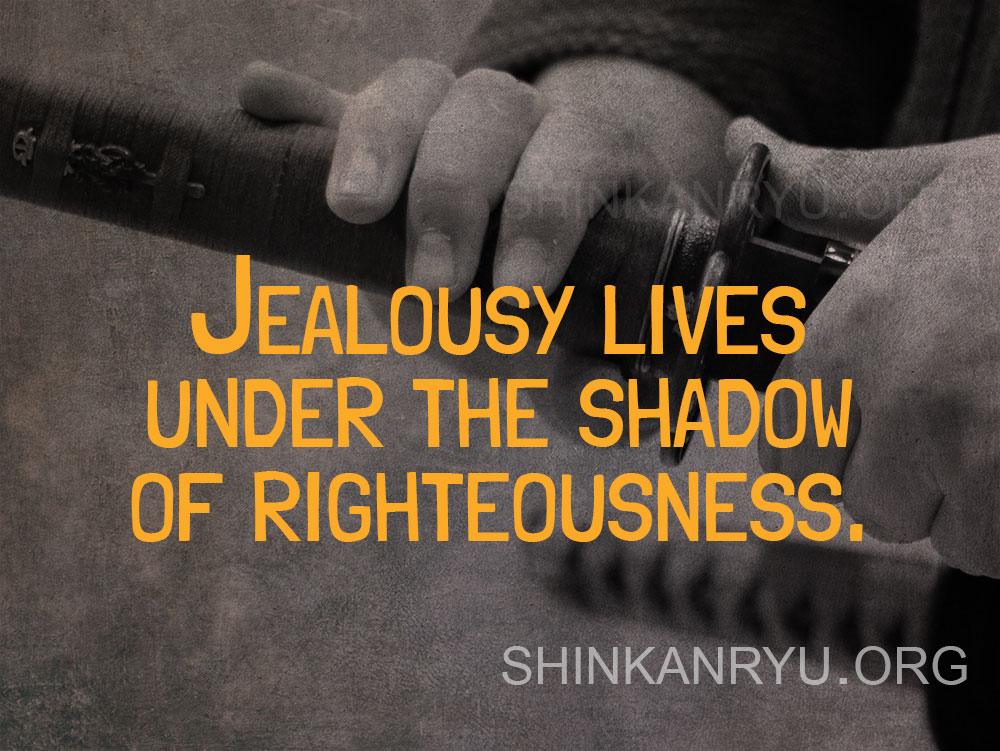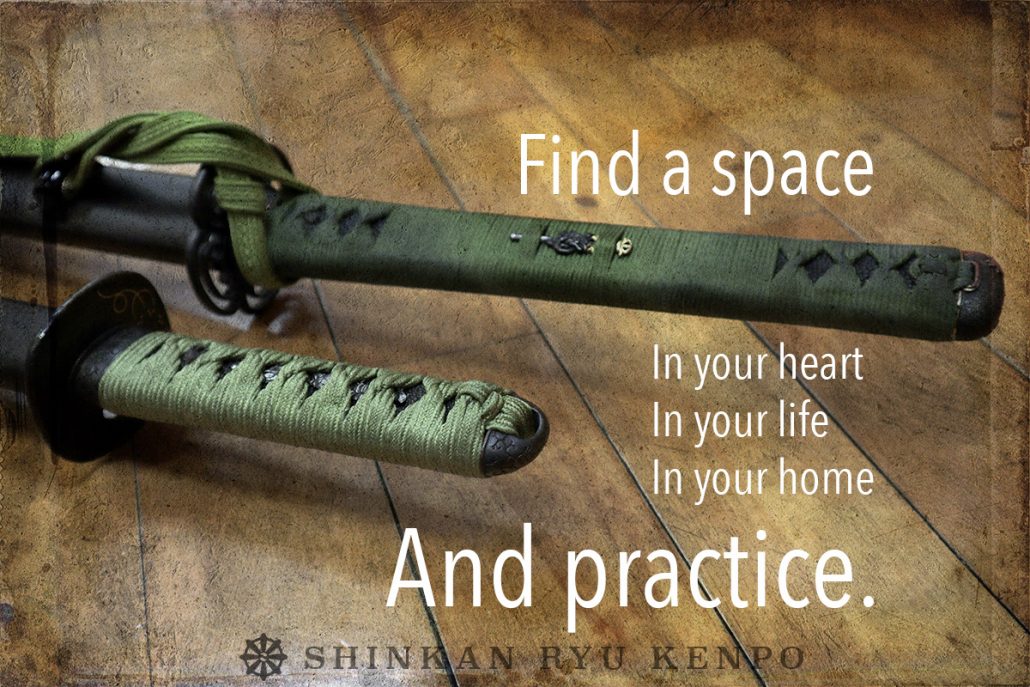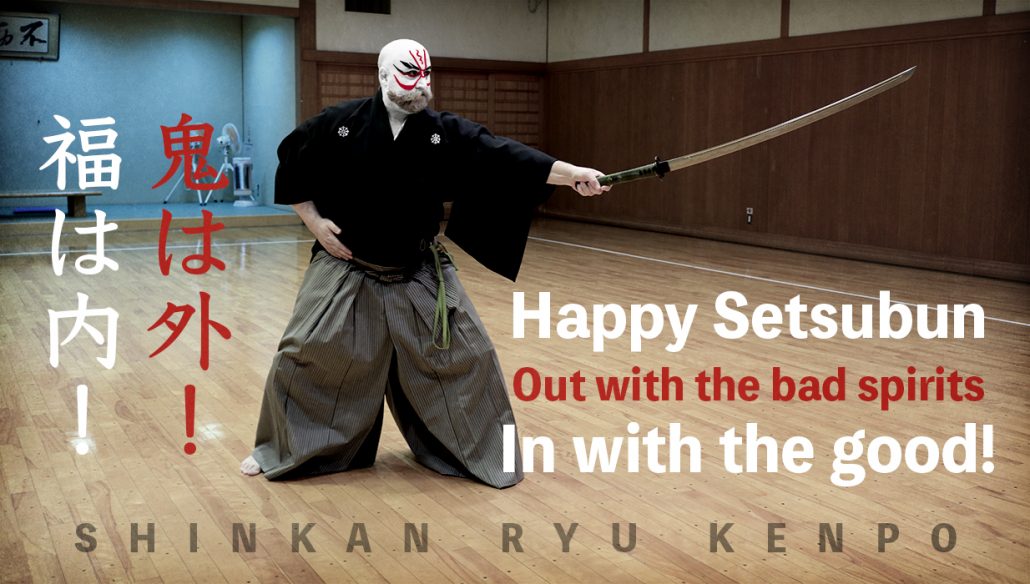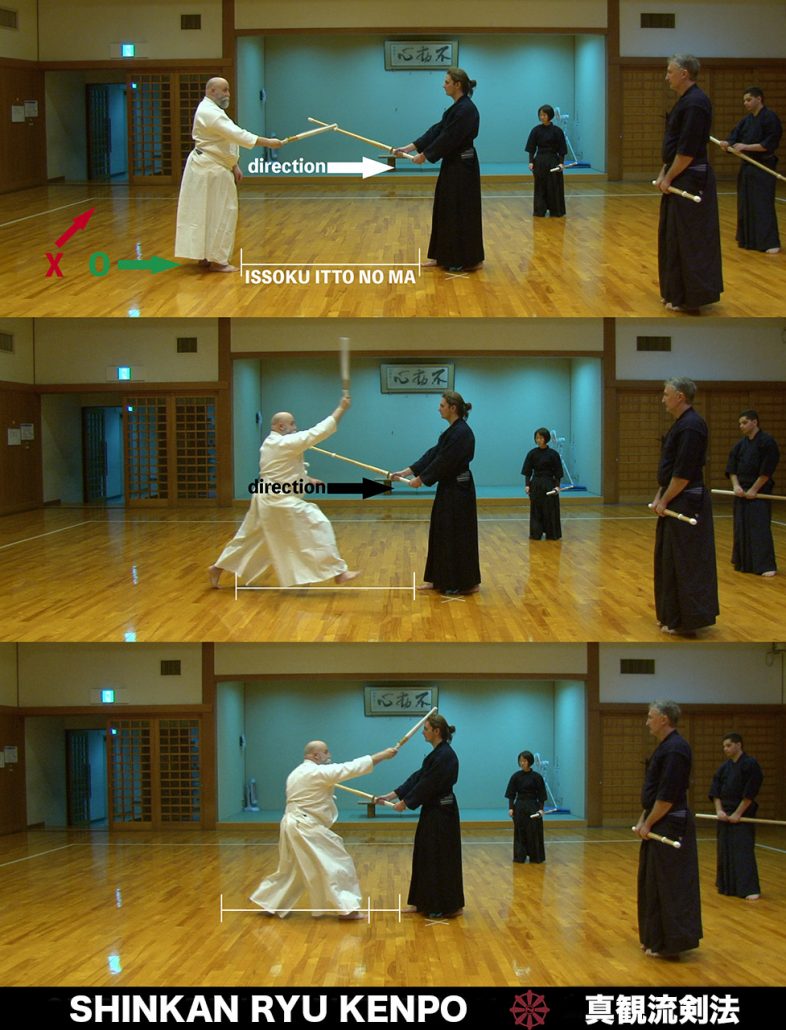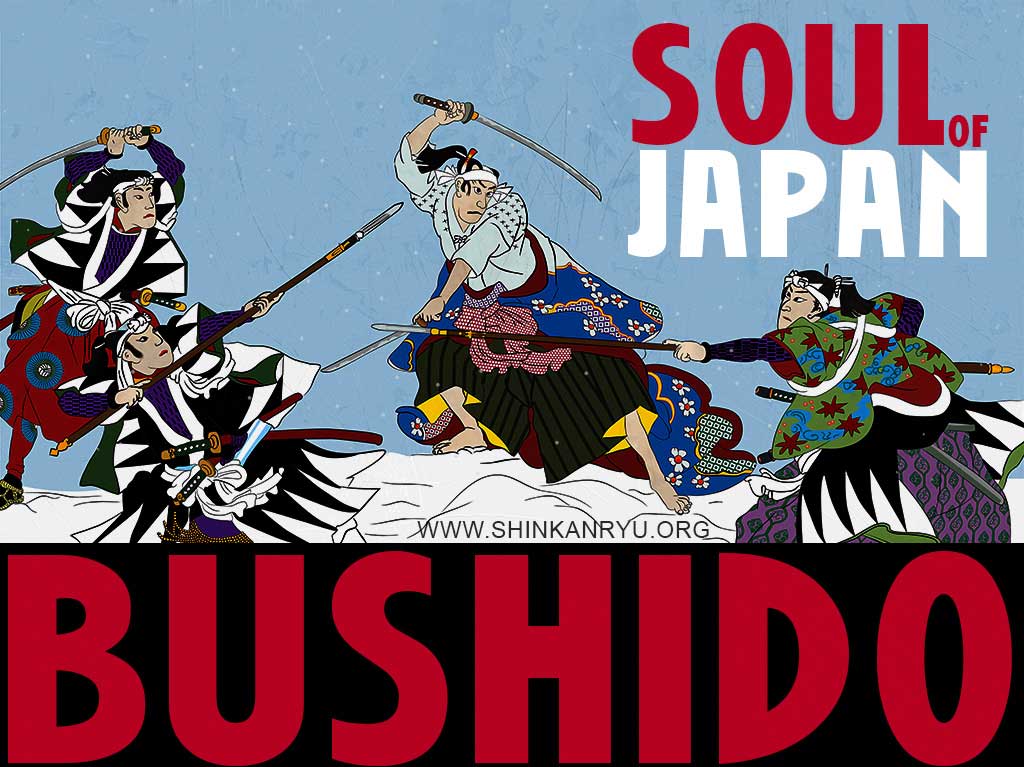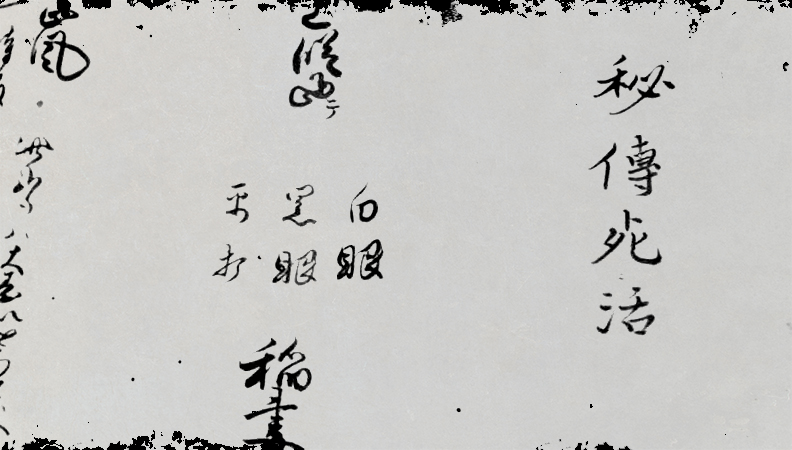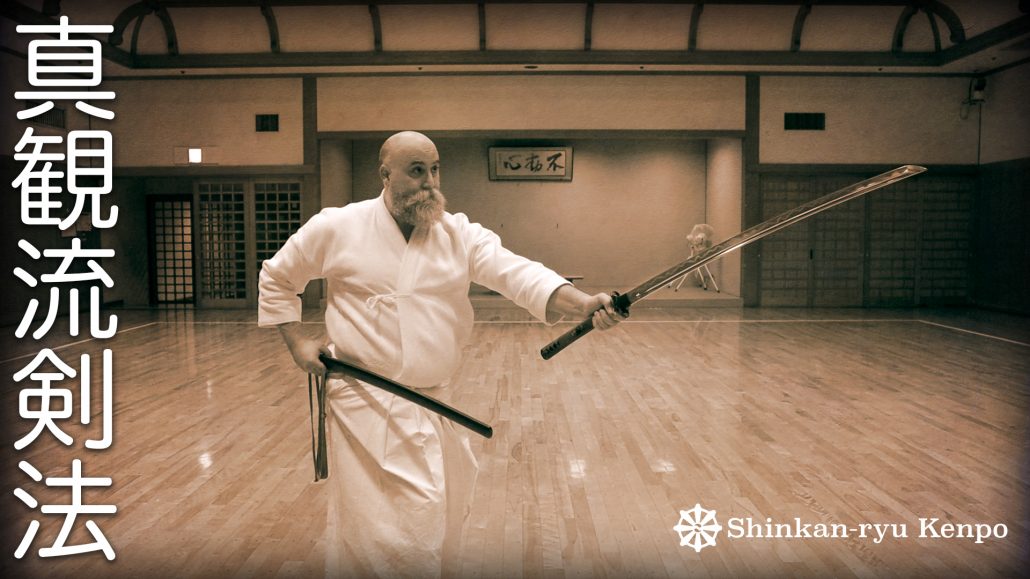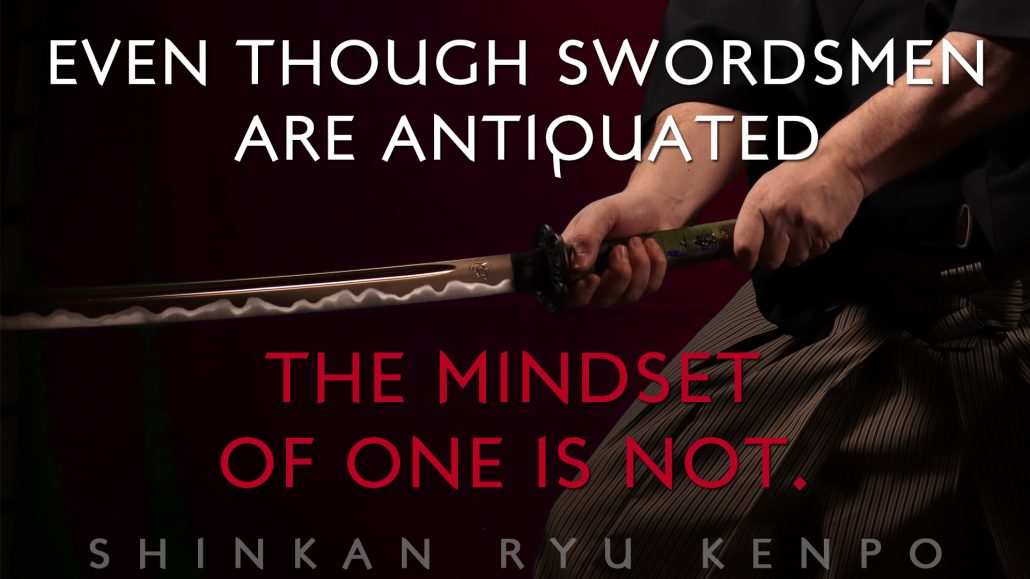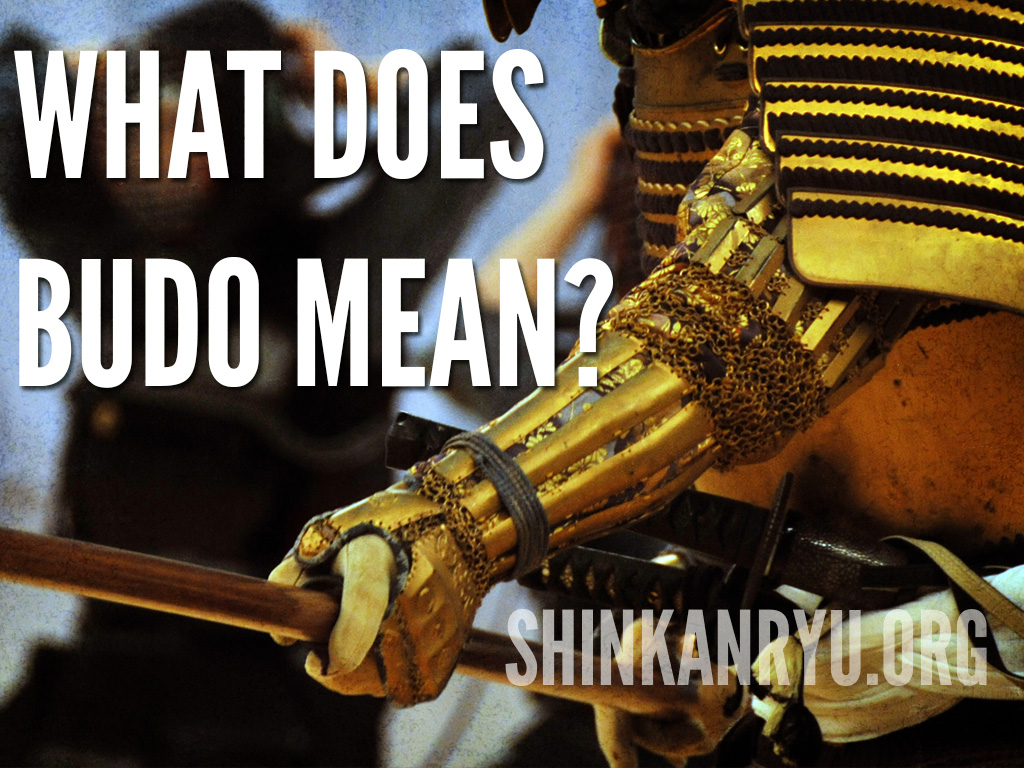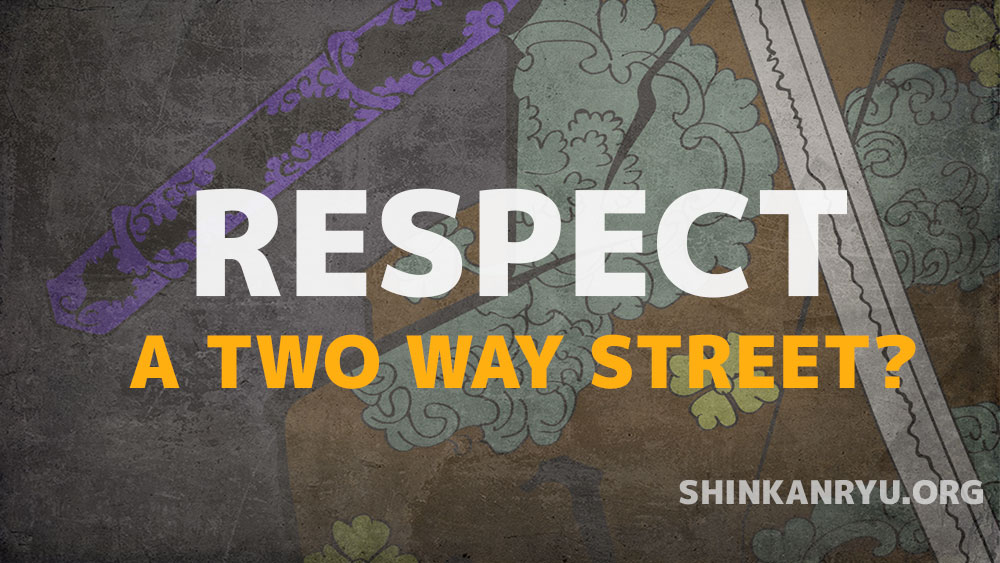Kamma is a Pali word meaning action. Specifically volitional action, a choice or decision made by your own will. It is also known as Karma in Sanskrit. I will be using the spelling in Pali.
Kamma is not a mystical word and doesn't concern forces outside of ourselves. Kamma isn't something directed or controlled by a god or deity. It is, quite only, our intentional actions. Kamma is about what we choose to do. It is not about the subconscious and involuntary actions. It is only about volitional actions.
Where is kamma born?
Where does it come from? Kamma is generated from our minds. In the Dhammapada, the Buddha said, "The mind is the forerunner of all things. Act or speak with a defiled state of mind, and suffering will follow. As surely, the cartwheel follows the foot of the ox."
That is a statement about our kamma and our volitional action.
What are the aspects of kamma?
We have three foundational aspects; mental, physical, and verbal.
As you can probably surmise, the physical and verbal originate from the mind. Physical acts that are not wholesome contribute to bad kamma. For example, fighting, physical abuse, sexual misconduct, and even a tap on the back might be done from a not so pure reason. These are physical manifestations stemming from the poor mental judgment. It is the unwholesome state of mind that causes the physical actions that have bad kammic results.
Speech produces kamma. We have harsh speech and malicious speech that also contribute to bad kammic results. From the Mangala sutta, the Buddha expounds on various blessings or wholesome things in life. He says that whatever utterance is well-spoken, this is the blessing supreme. Speech is the easiest way to slip up. How often have we allowed ourselves to speak harshly or carelessly and caused problems?
Most people can control their physical. I find the speech is effortless to transgress with all the texting and emailing in our modern culture. The wrong word and tone can slip out and hurt or offend easily.
What kind of kamma are we generating with our verbal and physical actions?
Finally, there is the mental aspect, which is the root of the three.
What thoughts exist, and what kamma are we making now?
When we don't agree with someone, what is our first thought? Is it malicious? Is it demeaning? Is it inappropriate or offensive?
We can't always fully see the repercussions of our kamma. If we can see clearly within our minds, maybe we would be more chaste with our actions.
Actions have results. It isn't any kind of revelation or a new lesson. We learn from early on that actions have consequences. We become so engrossed in our happiness and wellbeing that we tend to let our actions become a source of suffering for others, and in turn, ourselves.
Kamma Control
It is through the repeated reflection of our actions that we can cultivate skillful behavior and reduce bad kamma. There are chances when we can gain wisdom from and gain skillful knowledge. Before you perform some action, you should consider if it is wholesome or conducive to the suffering of yourself or others. While performing actions, we should think about whether it is wholesome or leads to the plight of yourself or others. Hafter performing some action, we should reflect on it and think about its effects as well.
There are three primary roots that are causing the bad kamma to grow; avijja- ignorance, not understanding the truth: tanha- which is greed or desire: virodha- which is anger and hatred.
Ignorance, craving, and anger are the three seeds. They are the fundamental elements we much try to root out. Like weeds in the garden, they must be eradicated. This is a long process. It doesn't happen overnight. It requires a lot of diligent work. We are the masters of our kamma. Everyone has their own kamma. We cant change someone's own kamma.
We must focus on ourselves and contemplate the three opportunities when they present themselves.
We should never wish someone to experience bad kamma etc.
Wishing for that is part of the seed of anger.
We must purify our acts of body, speech, and mind. The goal is to be the best we can. It is not about being perfect or saintly. It is, however, about trying.
Conditions that would bring you better kamma would be generosity,
loving-kindness and wisdom.
These are antidotes that will help.
Remember, kamma is not a mystical force. It has nothing to do with gods or past lives. What you think of as bad luck, a crappy childhood, string of bad dates, jerky manager at work, they can not be ascribed to kamma.
Kamma is something you can control. Look at how your mind works. Attend to your mind before, during, and after. Is it peaceful and friendly or filled with hatred or narrow mindedness? We need more loving-kindness and wisdom. We should, as martial artists, try to understand ourselves and each other better. Governing our thinking, speech, and physical actions are paramount.

ラジカスキー真照
館長Saneteru Radzikowski is the head sword instructor of Shinkan-ryū Kenpō. He lives and teaches Iaijutsu and Kenjutsu from Nara, Japan.
Narrow Minds Walk Narrow Paths
Narrow Minds Walk Narrow Paths There are a lot of martial arts to enjoy. There...
Don’t Fall Into The Honey
You only have a little bit longer to live. The end is coming, whether in...
Too Many Martial Arts
The koryū of Japan are not self-defense arts. Although they can be authentic and certainly...
Is Compassion Important In Martial Arts?
What is compassion? Compassion is a concern for the suffering or problems of others. The...
What is Koryū?
Japanese martial arts are usually defined in two groups. Pre-modern and modern. There are no...
Sword Control
We should not let our mind or body or sword become contorted or controlled by...
Advance The Sword And Mind
No matter what, move. Advance. Unceasingly against whatever odds, internal or external, move towards the...
Budo Don’t
Don’t be in love with your weapon. Don’t be in love with your uniform. Don’t...
Learning Iaido Online: The Japanese Art of the Sword
Learning Iaido online is a wonderful challenge. Iaido or Iaijutsu can be deceptively simple in its...
Fear Isolation Martial Arts
Budo does not begin and end when you pass through the dojo, or step on...
Striking with the Katana: What is the Monouchi?
https://youtu.be/pXpzSBLGkbI
Mastering The Martial Arts and Basics
I will be talking about basics and mastery. Before I begin, I want to say...
Impermanence, The Mind, and the Truth
After every meditation session my teacher, with his eyes still closed, would softly speak in...
Teaching yourself Iaido and Swordsmanship
The Challenges of Self-Learning Swordsmanship In martial arts, particularly in the study of swordsmanship, a...
Iaijutsu Iaido Sword Timing Lesson
Timing while training alone is an important aspect to keep alive and well in the...
Is Studying Multiple Martial Arts Ok?
Many people study more than one martial art. There can be varied reasons, such as...
Keishi ryu Iaijutsu
In 1888 the Tokyo Metropolitan Police department decided to cull various ryu-ha together to form...
How To Avoid Training Pitfalls In Martial Arts
Beware The Rabbit Holes. I want to talk about some pitfalls of martial arts training....
How to self-learn sword skills?
How to self-learn sword? A question that pops up in my communications frequently is, “How...
Be Thankful.Be Earnest In Bujutsu & Life
Be thankful for your mistakes, failures, and blunders. They are your own teacher reminding you...
I Am A Lazy Martial Artist
There is a saying, “You get out of it what you put into it.” It...
Dominando las Artes Marciales y las Bases
Hablaré acerca de bases y dominio. Antes de comenzar, quiero decir que usaré la palabra...
7 Year Anniversary of Online and In-person Sword Learning
Today marks a significant milestone in our journey — the 7th Anniversary of Shinkan-ryu Kenpo!...
How to learn kenjutsu?
How to learn kenjutsu? Learning anything as profound as a martial art needs a teacher....
Son lo Mismo las Habilidades de Combate y las Artes Marciales?
Porqué hacer la diferencia entre arte marcial y habilidad de combate? Pienso que las habilidades...
Learning Koryū Kenjutsu & Iaijutsu Traditionally
A Disease of the Swordsman
The Sword and its study. Hesitation (doubt) is one of the four diseases in swordsmanship....
Narrow Minds Walk Narrow Paths
Narrow Minds Walk Narrow Paths There are a lot of martial arts to enjoy. There...
Tachi Iai & Suwari Iai Demonstrations
[fusion_builder_container hundred_percent="no" hundred_percent_height="no" hundred_percent_height_scroll="no" hundred_percent_height_center_content="yes" equal_height_columns="no" menu_anchor="" hide_on_mobile="small-visibility,medium-visibility,large-visibility" status="published" publish_date="" class="" id="" background_color="" background_image="" background_position="center...
The Sword With Two Edges
Today I decided to write the four kanji compound of morohanotsurugi. In English, we might...
Jealous Martial Artists
Martial artists should be aware of what can live in the shadow of righteousness; jealousy...
Budō Practice Is Everywhere
Practicing without many excuses not to is a good practice.
Happy Setsubun
鬼は外! 福は内! In our house we dont use beans to chase out the demons, we...
Basic Blocking In Kenjutsu
Please enjoy this informational budo video about sword blocking in classical Japanese kenjutsu. https://www.youtube.com/watch?v=_NfMrHpeGKM
Maai Combative Spacing
Maai 間合い Combative spacing or maai is important to investigate early on and come to...
Learn Sword Online: Budo Video
Learning Japanese sword online is possible. https://player.vimeo.com/video/276710823
Bushido: The Soul of Japan
The code of the samurai is always popping up in martial arts circles and popular...
Koryū Menkyo Kaiden & Classical Martial Arts Proliferation
免許皆伝 Menkyo Kaiden and Koryu Proliferation Mention menkyo or menkyo kaiden around some martial artists...
When Protectors Become Perpetrators: Martial Arts Community Failures
Recently, a martial arts instructor (Budo Teacher) faced defamatory accusations in a public forum. A...
Bujutsu Thoughts
Training in iaijutsu (or any bujutsu) means doing the same thing over and over and...
Duping The Gaijin – Martial Arts Fraud
Some Japanese schools or individuals wish to capitalize on the ignorance of non-Japanese martial artists...
The Old Is Not Distant
This is important to understand when practicing historical or classical martial arts. Although the sword...
What does Budō mean?
I’d like to discuss briefly discuss what Budo or Bujutsu means. I’m not a scholar...
Respect is a two way street in martial arts
Respect is a two-way street, however, how many people are driving recklessly? “If you want...


